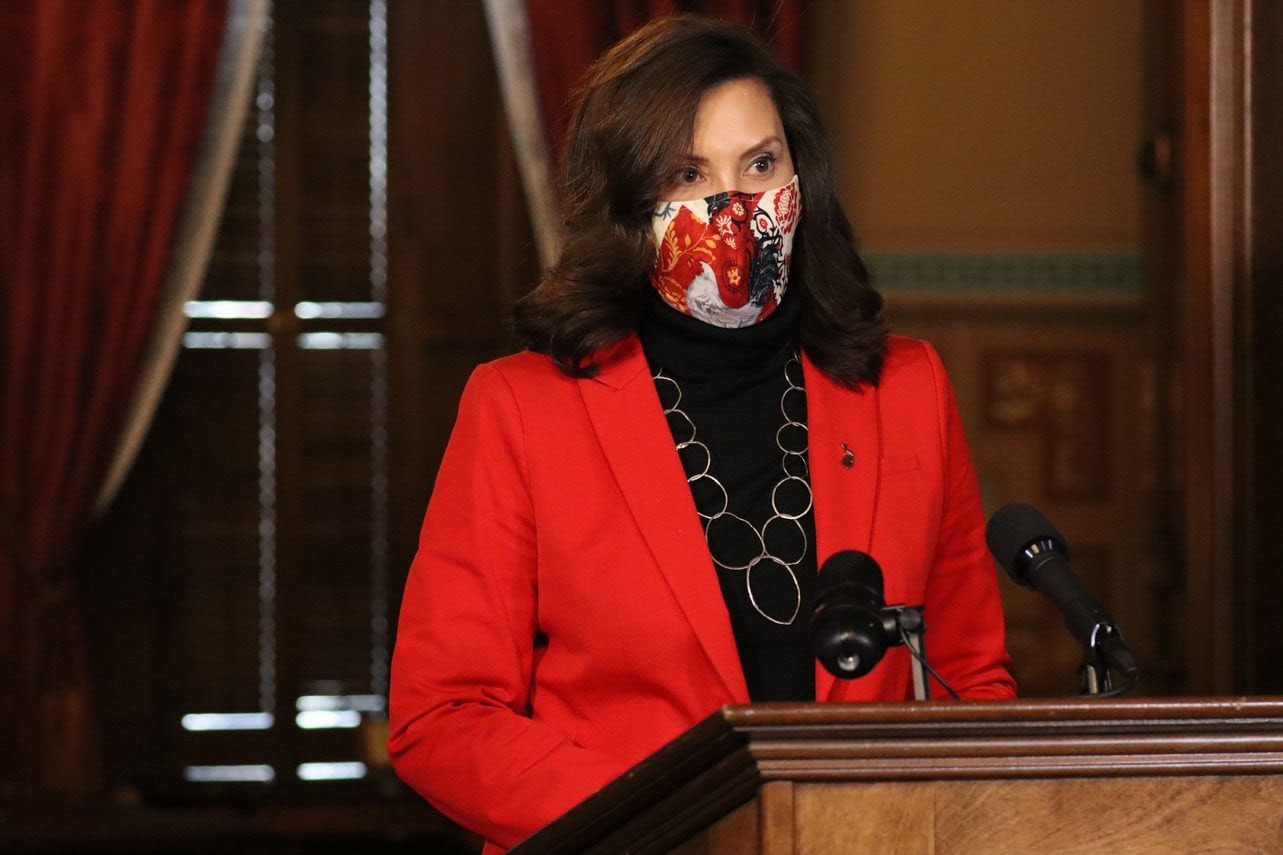Michigan high schools will be able to return to in-person instruction as early as next week.
Gov. Gretchen Whitmer announced during a Friday afternoon press conference that the state is lifting the ban on in-person learning at high schools that was put in place in November when the number of positive COVID-19 cases was surging.
The ban lifts Monday, but most schools begin their holiday break next week.
That ban was one of many widespread restrictions that were intended to reduce large indoor gatherings. The state also shut down theaters, stadiums, arenas, casinos, group fitness classes, and organized sports. Restaurants and bars were allowed to remain open only for outdoor dining, takeout, and delivery.
The order went into effect Nov. 18. On Dec. 7, Whitmer announced it was being extended another 12 days.
Even before the state issued the order shutting face-to-face instruction in high schools, many school districts across the state had switched from in-person to virtual learning.
Whitmer said during a press conference earlier this week that positive COVID-19 cases were declining and that Michigan had not experienced the post-Thanksgiving surge many feared.






